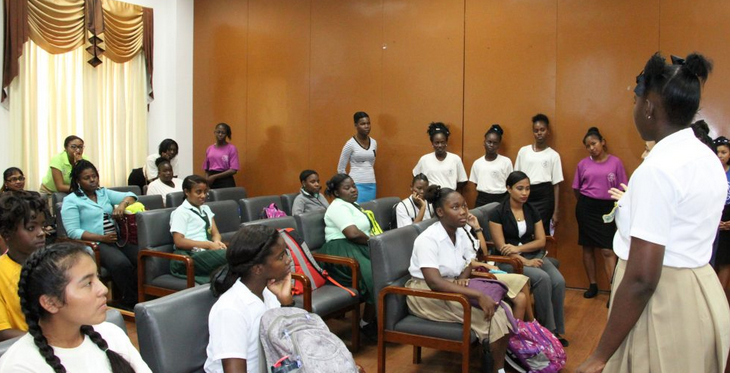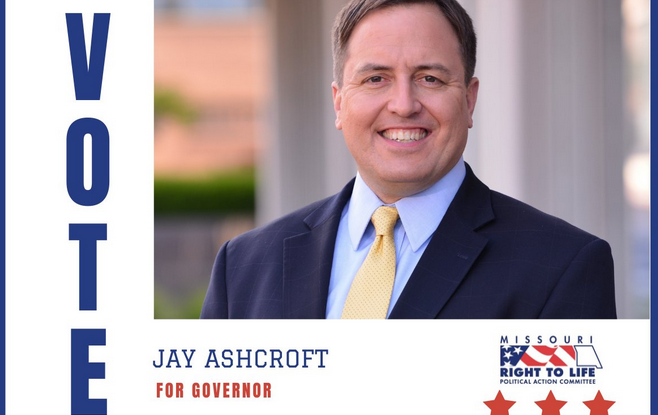Eric T. Schneiderman. File photo-Flickr
New York state has joined a coalition of 20 attorneys general in filing an amicus brief with the U.S. Supreme Court defending the constitutionality of Colorado’s public accommodations law, arguing that a business owner’s personal beliefs do not give him or her the right to discriminate against customers.
“A business owner can’t pick and choose which laws to comply with in order to discriminate under the guise of free speech,” Eric T. Schneiderman, the New York Attorney General said. “Personal beliefs do not give someone the right to discriminate. Our coalition of Attorneys General will continue to fight to protect New Yorkers and all Americans who are entitled to equal protection, no matter who they love.”
The brief was filed with the U.S. Supreme Court in the case of Masterpiece Cakeshop, Ltd. v. Colorado Civil Rights Commission. The owner of the bakery refused to sell a wedding cake to a same-sex couple and is now challenging the Colorado public accommodations law, claiming it violates his rights to freedom of speech and free exercise of religion.
The Attorneys General filed the brief in support of the Colorado Civil Rights Commission and the couple to whom Masterpiece Cakeshop refused to sell a wedding cake.
In the brief, the Attorneys General write that states across the country have enacted laws to prohibit discrimination against LGBTQ people in the commercial marketplace, and that “these laws ensure equal access to goods and services and combat the severe personal, economic, and social harms caused by discrimination.” The Attorneys General argue that, under a long line of Supreme Court precedent, requiring businesses to comply with such laws does not violate the Constitution.
The Attorneys General further argue that the First Amendment exemption to public accommodations laws sought by the bakery would dramatically undermine anti-discrimination laws.
“Allowing commercial businesses to use the First Amendment as a shield for discriminatory conduct would undermine state civil rights laws and the vital benefits they provide to residents and visitors, leaving behind a society separate and unequal by law. Many Americans would face exclusion from a host of everyday businesses or, at the very least, the ever-present threat that any business owner could refuse to serve them when they walk in the door—simply because of their sexual orientation, or their race, religion, or gender,” write the attorneys general.
The brief was filed by the Attorneys General of Massachusetts, Hawaii, California, Connecticut, Delaware, the District of Columbia, Illinois, Iowa, Maine, Maryland, Minnesota, New Mexico, New York, North Carolina, Oregon, Pennsylvania, Rhode Island, Vermont, Virginia, and Washington.












